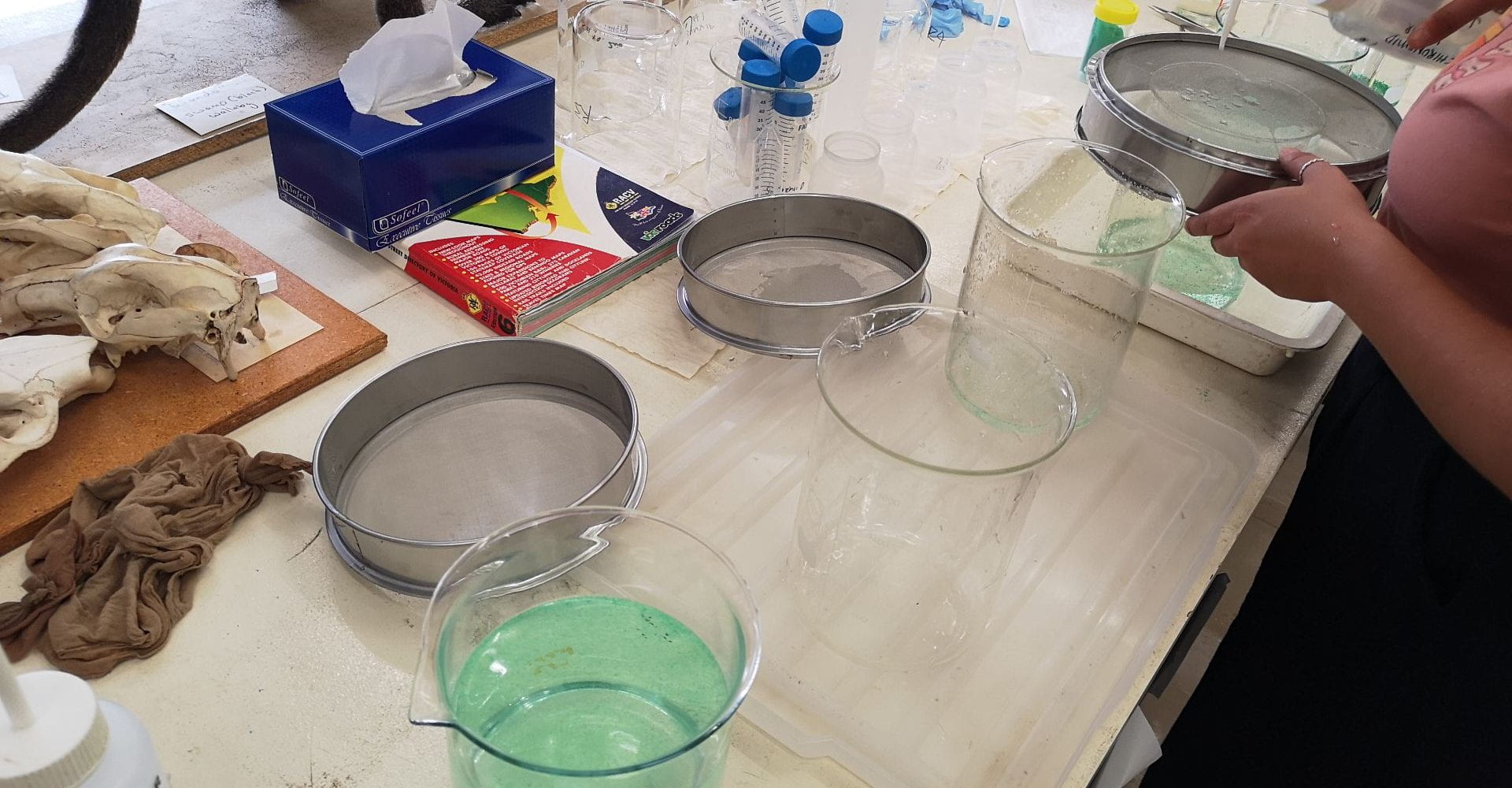
CAPIM alumni spotlight – Bin Ju Nan
Bin recently completed a PhD in Environmental Science and Management with CAPIM, The University of Melbourne. His research focused on the Australian glass shrimp Paratya australiensis as a biomonitoring tool for microplastics pollution in freshwater waterbodies. This is the first time a freshwater crustacean has been used as a bioindicator to assess microplastic pollution globally, with Bin one of the first researchers to study microplastic pollution in an Australian native species.
Bin’s research included surveys across Victoria, analysing the presence of microplastics in freshwater and shrimp. Bin was also awarded a research grant from the Ecological Society of Australia enabling him to collaborate with other researchers and contribute to several other studies. Bin has published 10 peer-reviewed journal articles with the highlight being Identification of microplastics in surface water and Australian freshwater shrimp Paratya australiensis in Victoria, Australia. Since its publication in 2020 this work has been cited more than 60 times by other researchers
Being part of CAPIM Bin was supported in his research design and methodologies; he had the opportunity to work closely with a visiting student in microplastic studies; and worked with undergraduate students as research volunteers. Bin and his collaborators achieved many research goals together in the CAPIM laboratories.
Bin shared: “I would like to thank the whole big group of staff and students in CAPIM, I appreciate the numerous help from all of you during my PhD.”
Bin is currently seeking to broaden his work as a researcher, to apply his research in partnership with industry to further our understanding of microplastics and bioindicators in aquatic ecology, ecotoxicology, environmental risk assessment, environmental monitoring and management.
Click here to access Bin’s publications
Categories
